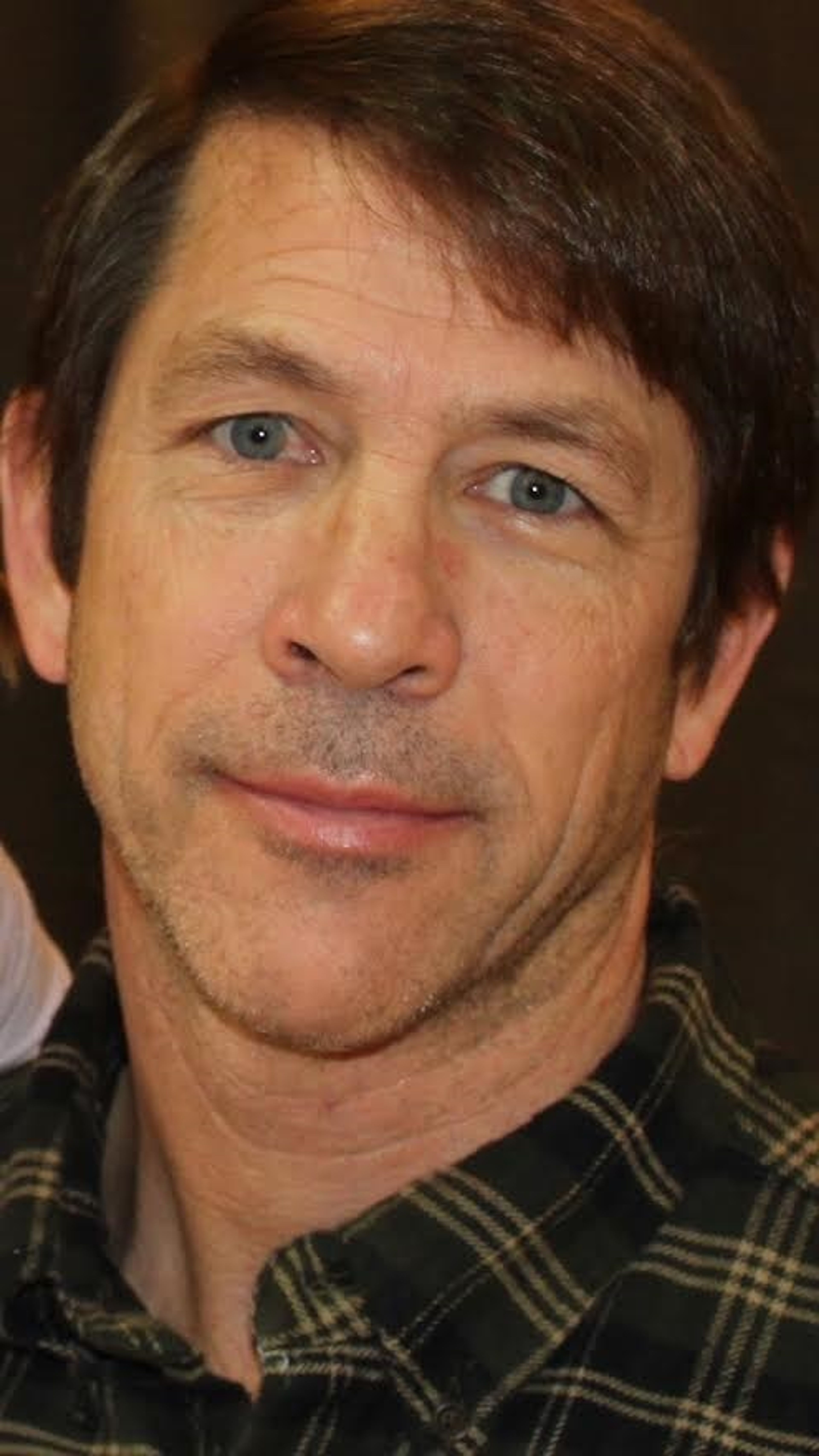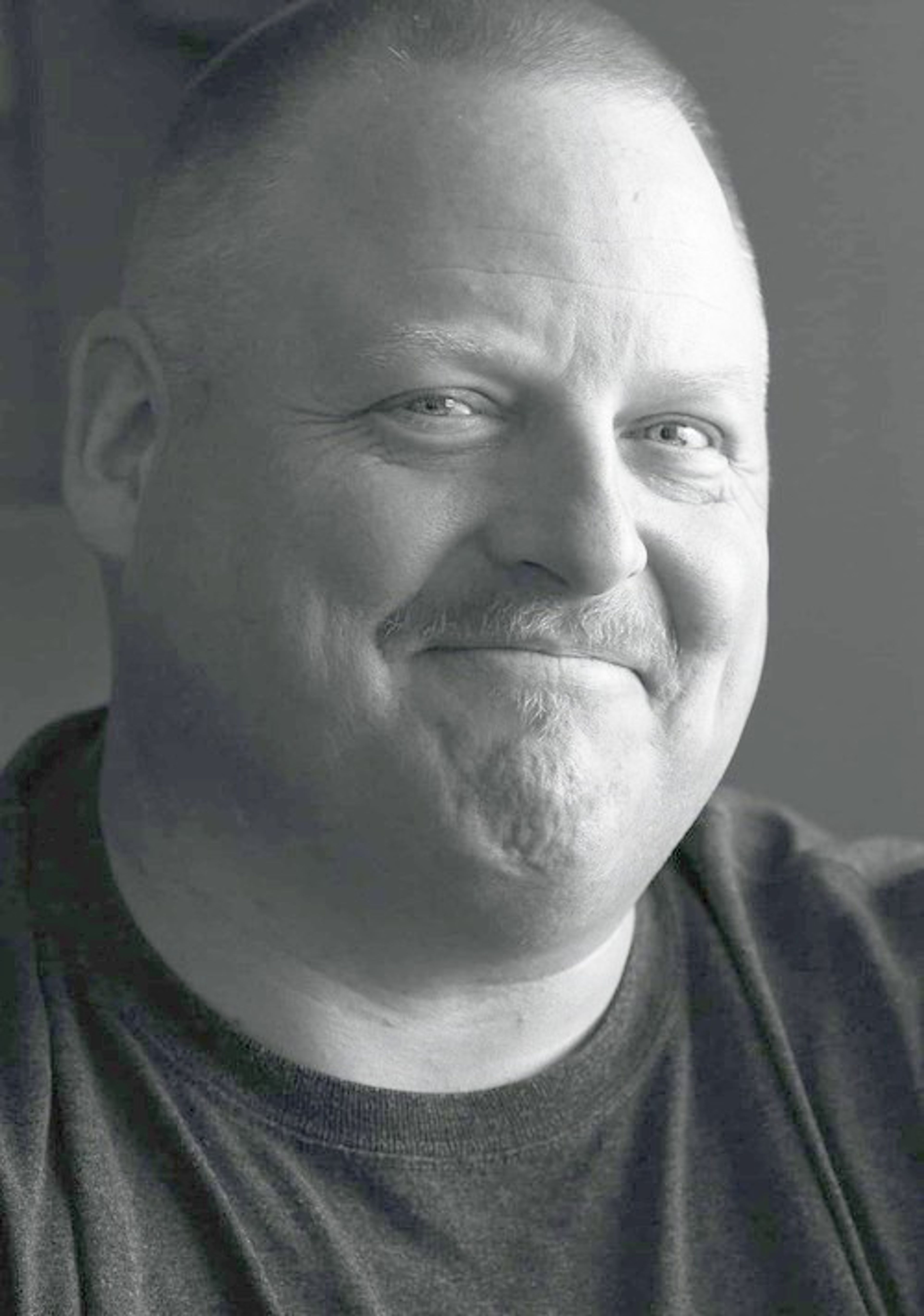As I recently left Bahir Dar, Ethiopia, to begin a 30-plus hour series of flights home to Pullman, thousands of jubilant Ethiopians were marching in the boulevard in front of the hotel where I have lived for the past four months as a visiting journalism professor at Bahir Dar University, where 53,000 students attend schooling.
Decked out in the green, yellow and red - the national colors of Ethiopia - it seemed the whole city was marching in support of as the newly elected 42-year-old Prime Minister Abiy Ahmed.
The fact Ahmed is the same age as John F. Kennedy was when elected in 1960 resonated with me.
I was 12 and that year and remember JFK's inauguration and the same sort of elation and hope that sustained for most Americans through his abbreviated presidency.
Ahmed, as JFK tried to do in America, is striving to unite a diverse and, at times, ethnically divisive nation, a worthy goal that appears to be wholly beyond the consciousness or interest of our current U.S. president.
My sponsor in Ethiopia was the Ambassador's Distinguished Scholar program, sponsored by the U.S. embassy in Addis Ababa and the International Institute of Education.
My mission was to teach democratic journalism to graduate students and to encourage journalistic professionalism and skills that will contribute to the development of Ethiopia and to democracy in Africa in general.
International students, of course, always ask me about the fake news phenomenon our president uses for his self-serving fear campaigns since taking office in 2016.
In Ethiopia, they have real fake news, as Ethiopians have lived under strict government censorship for decades. Journalism students I taught never expected to practice the free and responsible journalism that is taught at the University of Idaho School of Journalism and Mass Media, and the Edward R. Murrow College of Communication at Washington State University.
Over the semester, I was able to tell them what they might expect if they are able to practice independent journalism that is the mark of the mainstream American press and the tradition of this newspaper you are reading.
As press controls in Ethiopia are being lifted, it was an opportune time for me to explain the history of the American press that emerged from First Amendment rights and the professionalization of journalism after the Yellow Press era of the 1890s.
Being the only very visible foreigner in the crowds that were marching Sunday in a celebration of nascent democracy was at first daunting because our embassy warns U.S. citizens abroad to beware of crowds and demonstrations, but, after four months in Bahir Dar, there seemed to be nothing to fear.
As an itinerant professor teaching journalism in more than 40 developing countries and traveling as a tourist in many more by public transportation, I very rarely have experienced any sense of danger or hostility.
My own conclusion is that, if the citizenry isn't armed - like the Taliban or ISIS - as is a large section of the American citizenry, the chance of being a victim of violence diminishes greatly.
Everywhere I travel, people are appalled by gun violence in America as sanctioned by our Second Amendment.
The world is hungry for the rights granted under our First Amendment, but few other countries want to adopt laws that endanger children in schools and put guns in the hands of the responsible and irresponsible alike.
America is progressive in many ways but regressive in others.
These new journalism schools were a reaction to irresponsible and sensational press practices - epitomized by Fox News today - and dedicated to the antithesis of producing fake news.
The tradition of producing trained journalists who are by nature and education incapable of pursuing anything other than the facts in a socially responsible way is propagated consistently at the Murrow College at WSU and the School of Journalism and Mass Media at the UI.
Richard Shafer retired as a professor of journalism at the University of North Dakota. He will be teaching journalism as a lecturer at WSU in the fall. He recently returned from teaching in Ethiopia with the Ambassador's Distinguished Scholar program. His wife, Dr. Jill Shafer, is on the WSU staff.








